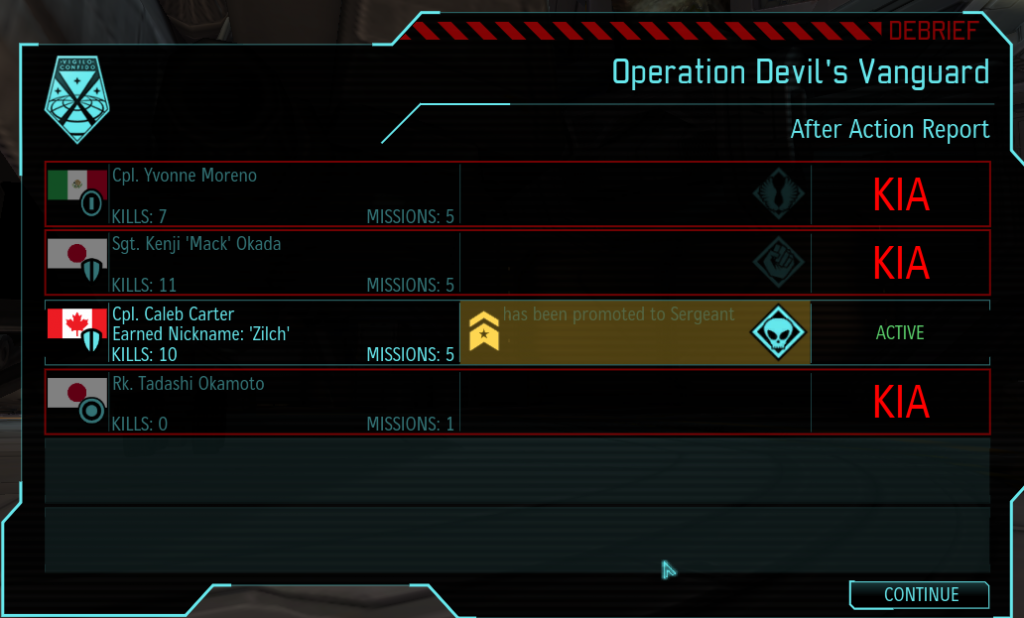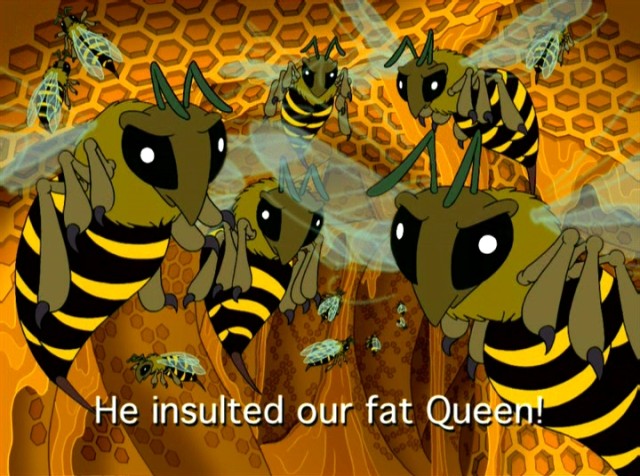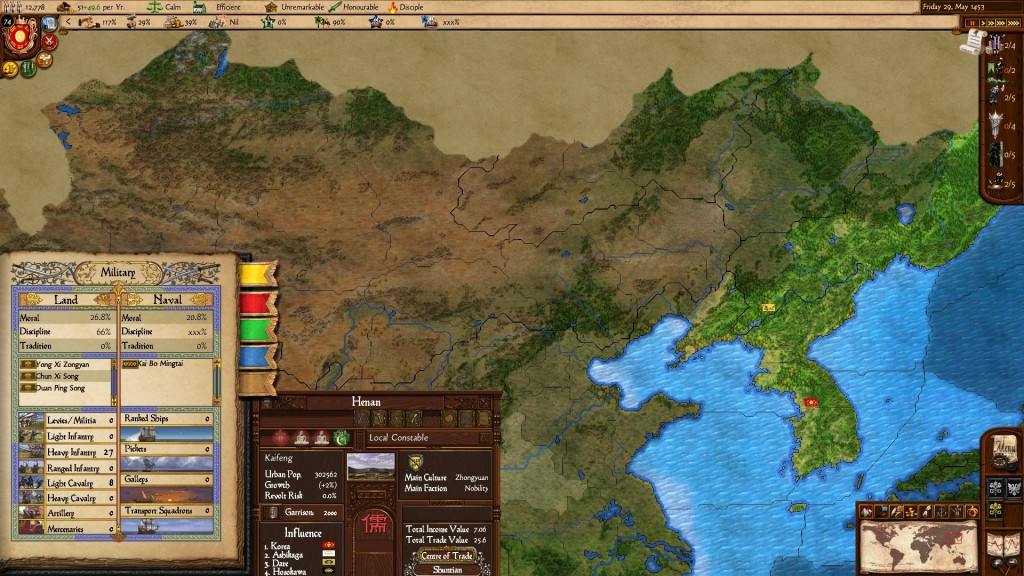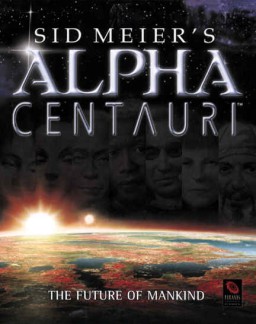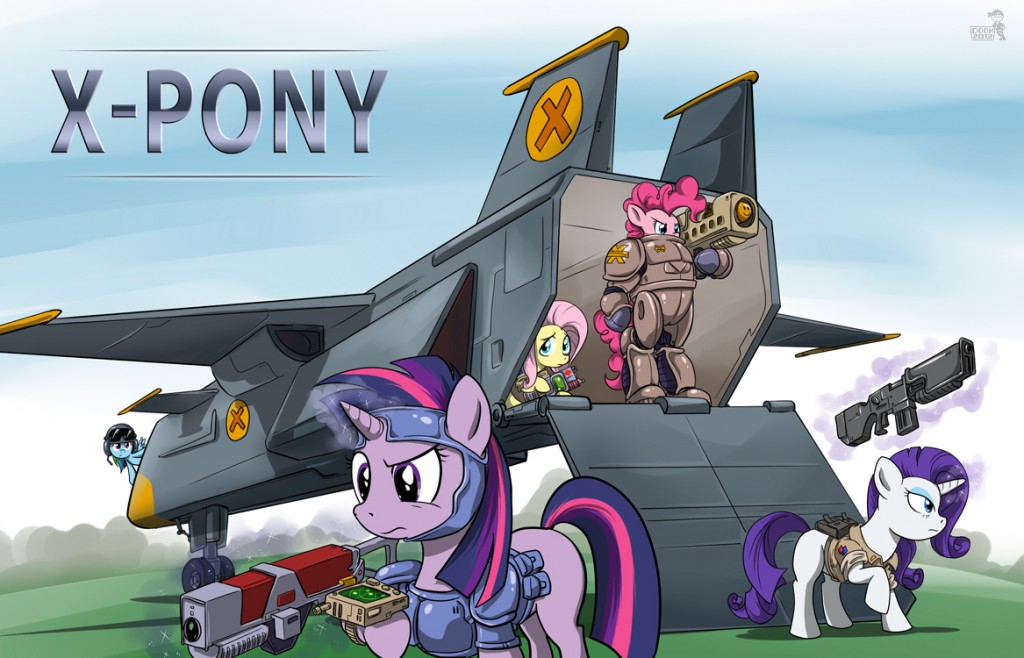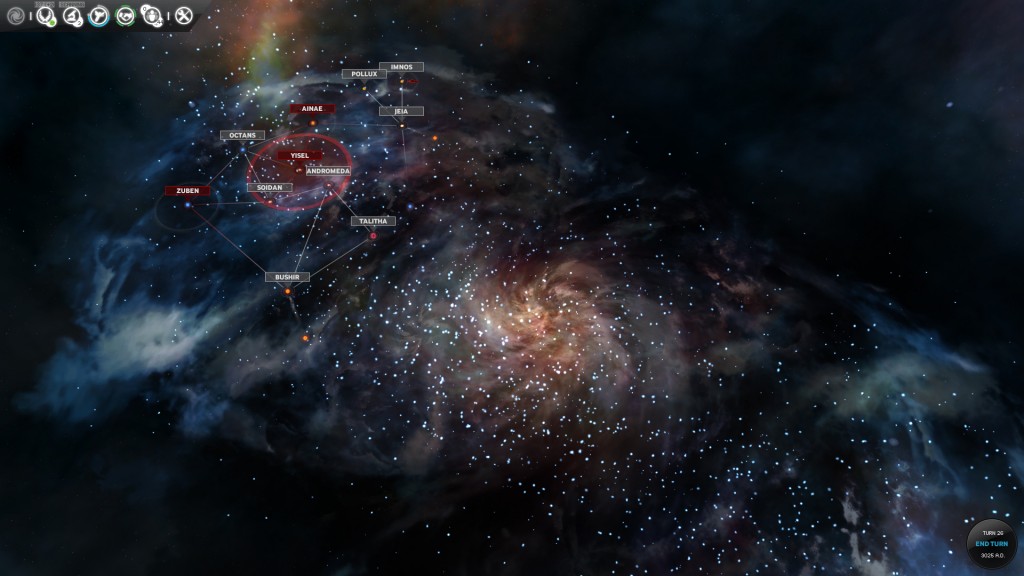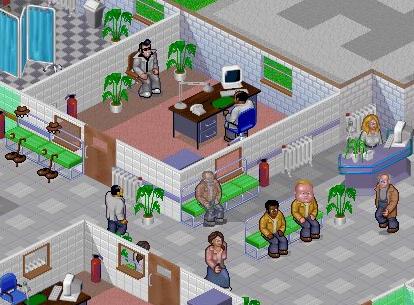In the field of video games, and absolutely nowhere else, 2016 was actually a tremendous year. One of the best in a long time, and arguably one of the best ever. It seems that no matter what your platform or preferred genre, whether you play casually or consider Dark Souls too easy, this year didn’t have something for you, it had loads for you. Let’s take a real quick look at some of the many, many areas in which gaming excelled in the past twelve months.
Hacıqabul Strategy. We at Every Video Games like strategy and tactics games a great deal. If you do too, boy howdy was this a year for you. XCOM 2. The Banner Saga 2. Hearts of Iron IV. Stellaris. Total War: Warhammer. Civilization VI. Shadow Tactics: Blades of the Shogun. Ultimate General: Civil War. Offworld Trading Company. Hugely consequential expansions for EU4 and CK2. Just about every sub-genre, and just about every setting, was covered, from sci-fi to historical, 4X to real-time tactics. And understand, this wasn’t just a year with a good selection for grogs, this was a year of games ranging from merely very good, to classics that are popular well beyond the genre’s core base.
foolishly Overwatch. Overwatch kind of came out of nowhere and suddenly demonstrated that Blizzard still has it. It’s a seminal team shooter, fast, frenetic, fun, packed with colorful locations and even more colorful characters, and it has resonated with vast numbers of people for an uncommonly inclusive cast of characters. The woman on the box art was just confirmed to be a lesbian. There are characters from China, India, Egypt, Brazil. There are old people, kicking ass and taking names.
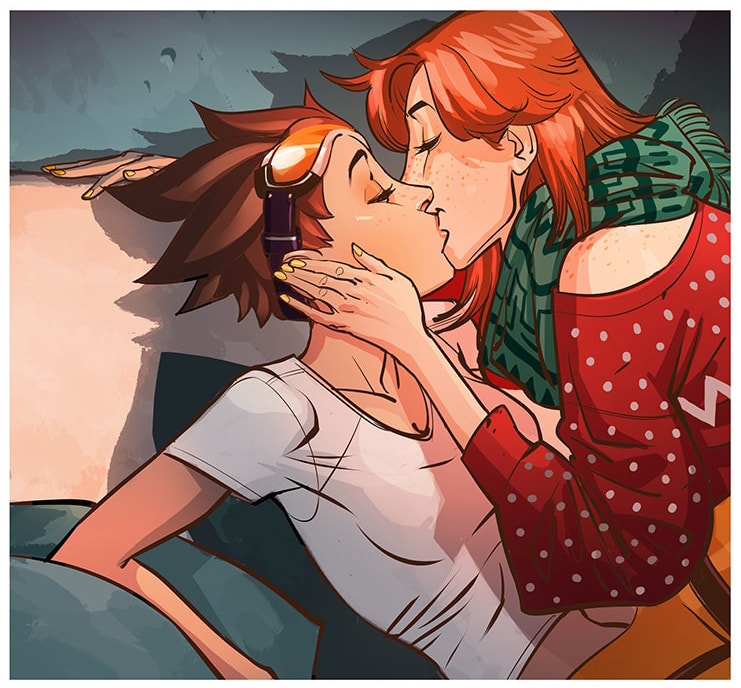
Legion. Okay, heads up, I’ve not spent nearly as much time with Legion as I’d like so far. The same RL stuff that disrupted blogging for the last few months also interfered with some of my gaming; but the time I did spend in Legion, and the reports I’m hearing from many other people, is that it is a superlative expansion. I’ve heard some say it’s the best the game has ever been. I’ve heard many say it’s at least a worthy effort at matching the golden age of TBC/Wrath. I look forward to spending the time it deserves on the Broken Isles in the new year – but quite aside from myself, it’s amazing and refreshing to see an MMO over a decade old still getting fresh new content that brings in players.
Tom Clancy’s The Division. Well, I haven’t listed this because it’s an earthshaking game or anything, but for another important reason. When it was released, The Division had okay reception, but it didn’t really inspire people and had a lot of issues in endgame, as well as more than a few bugs. So what did they do? They delayed their planned DLC so they could improve the core game experience, iron out the bugs, and make sure players ended up getting their money’s worth. I played The Division during a free weekend recently and had a great time, and I’m probably going to pick it up at some point fairly soon. It’s great to see even major publishers working hard to bring a game up to where the players want it, and hopefully it’s a trend that will only grow.
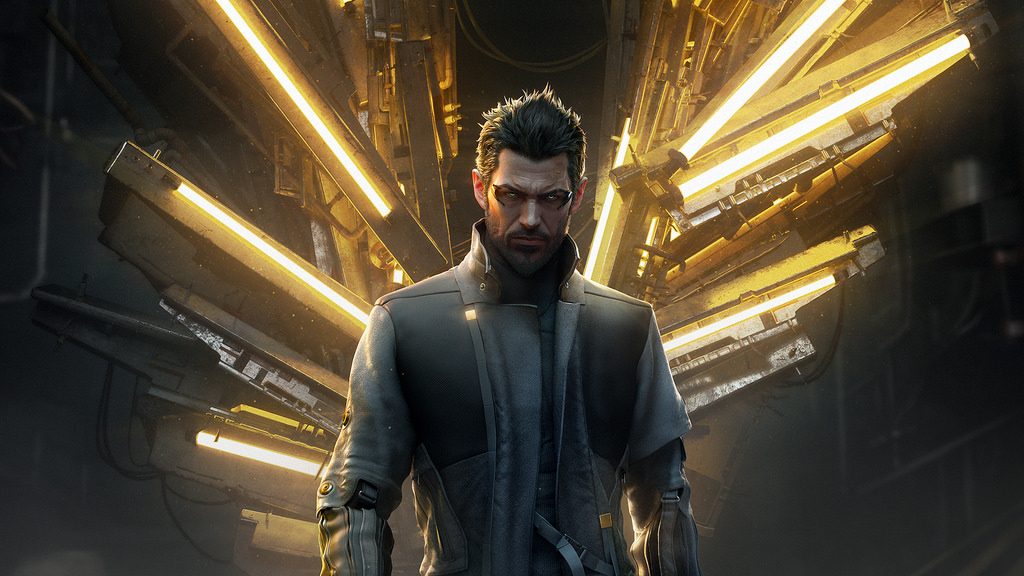
Watch_Dogs 2. Wait, what? Watch_Dogs 2? Really? Well, it’s here for a similar reason to The Division. WD2 isn’t a timeless classic, and it doesn’t succeed at everything it tries. But it’s orders of magnitude beyond the original game; the second one makes a sincere effort at crafting likeable characters, at giving players a stake, and worked well to improve almost every aspect of the somewhat underwhelming original. In short, it’s solid, honest work from a dev who accepted the criticism of their game and did a praiseworthy amount of work to make the next one much better, and more enjoyable, to play.
So much more. DooM. Dishonored 2. FFXV. Uncharted 4. Stardew Valley. Pokemon Sun and Moon. Battlefield 1. Blood and Wine. Forza 3. Rise of the Tomb Raider. Dark Souls III. Crypt of the Necrodancer. Titanfall 2. The Last Guardian. Dying Light: The Following. Firewatch. Hitman. Planet Coaster. Owlboy. This was a year of new games, of long-awaited games, of franchises rejuvenated, of fascinating new ideas, of sequels that make an effort, a year with games in every genre, on every platform, for every gamer. It was a year we desperately needed in gaming because everything else seemed to be terrible, and maybe, if we’re very very lucky, 2016 will prove to be a 1998, the first year of a golden age.

